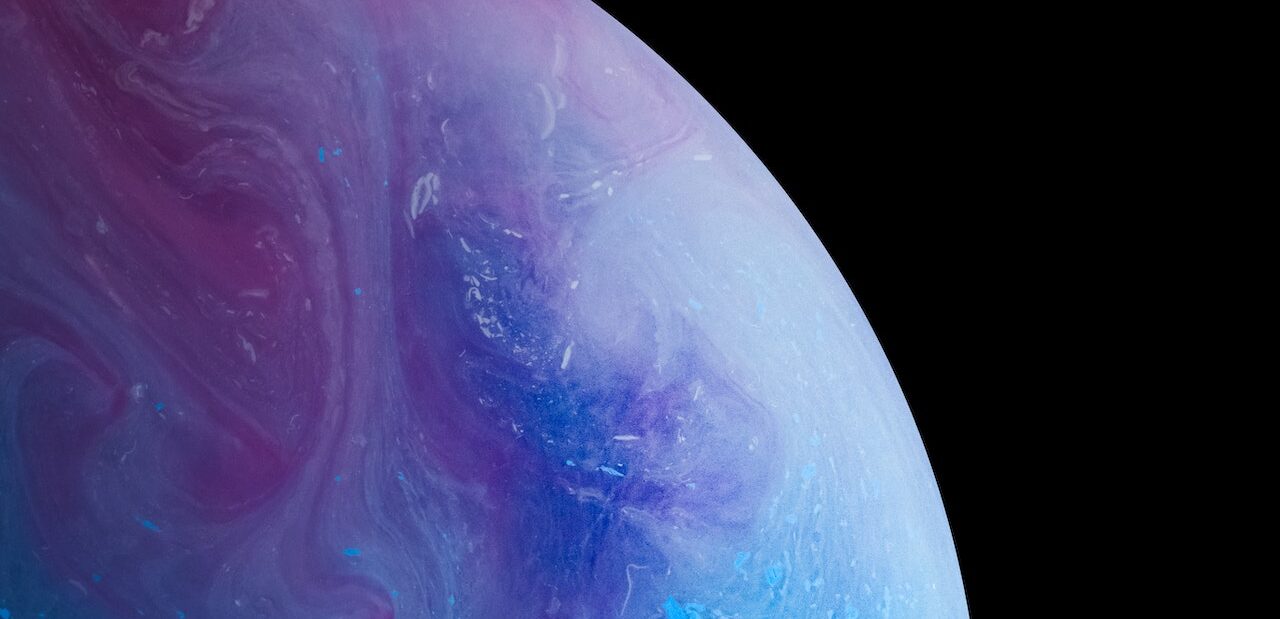One of the most profound questions humanity can ask is: “are we alone?” Is there intelligent life on any other planet somewhere in the immense 93 billion light year span of our observable universe?
Atheists have long scorned the medieval Catholic Church for believing the Aristotelian idea that the earth was the centre of the universe. Copernicus and Galileo had given good reasons to believe it wasn’t, although, interestingly enough, they didn’t have the knockout proof.[i] How could humankind believe that the planet they lived on was special in any way? How dare they believe they, as a species, were special – a unique creation of God, as the opening chapters of the Bible suggest.
And then… science progressed, and these atheistic assertions started to unwind.
The celebrity cosmologist, Brian Cox, was interviewed by the Weekend Australian Magazine, and asked whether he thought there was sentient life anywhere else in the universe. Cox answered with a quote from his friend, the American physicist, Sean Carroll who said, “I think there are none.”[ii] Cox went on to say that the belief that we are alone in the universe is a “good working assumption”.
Wow! This suggests that planet Earth is a very special planet – and quite probably unique.
There were only ever two options you could believe regarding whether or not Earth was unique. Either there was life on many other planets or moons – in which case you would need to ask why the universe was so fruitful and conducive to life. Or that planet Earth was unique within the immensity of the universe, which is a reality so extraordinary that it suggests divine intention. Well, it now appears reasonable to believe that our planet is the result of divine purpose, a deliberate act set within the vastness of a universe designed to show off God’s grandeur.
But there are none so blind as those who will not see.
Brian Cox’s friend, Sean Carroll, is an atheist despite him believing that the Earth is probably the only place in the universe with intelligent life. He once turned down an invitation to speak at a conference sponsored by the John Templeton Foundation (a foundation that exists to explore the interface of science and faith) because he wanted to maintain that science and faith were irreconcilable. He wrote: “I don’t think that science and religion are reconciling or can be reconciled in any meaningful sense, and I believe that it does a great disservice to the world to suggest otherwise.”[iii]
This is an extraordinary comment, and one I find quite troubling. Carroll has come to a massively significant conclusion about the uniqueness of planet Earth, but is so locked within his atheistic prison that he will not let himself explore the philosophic consequences of his scientific convictions. His actions bring to mind Einstein’s wry comment: “the man of science makes a very bad philosopher.”[iv] It is impossible not to equate Carroll’s actions with the behaviour of the Aristotelian philosophers who refused to look through Galileo’s telescope for fear of finding evidence that the earth was not at the centre of the universe.[v]
So, what do you think? Is the growing scientific conviction that there is sentient life on only one planet in the galaxy more in sympathy with atheism or theism (belief in God)?
As I’ve said: Christianity used to be scorned by atheists who insisted that planet Earth was un-special because it was not at the centre of the universe. However, it now appears that Earth is more special than we can possibly conceive. Science suggests that humankind exists on a unique planet in a universe of unimaginable size and wonder – and the reality of this needs a better response than a lazy shrug of the shoulders.
[i] Proof could only come from measuring the parallax of a distant star (measuring its different angle from the Earth six months apart). The instrument needed to measure this didn’t exist until 1832 when the German scientist, FriedrichBessel, succeeded in inventing one.
[ii] “Q&A,”Weekend Australian Magazine, September 17 – 18, 2022), 11. Sean Carroll is an American theoretical physicist and philosopher who specializes in quantum mechanics, gravity, and cosmology.
[iii] Sean Carroll, “Science and Religion Can’t be Reconciled: Why I wont’ take money from the Templeton Foundation,” May 09, 2013, Slate: See: https://slate.com/technology/2013/05/i-wont-take-money-from-templeton-science-and-religion-cant-be-reconciled.html. Posted 1.07PM, May 09, 2013.
[iv] Albert Einstein, “Physics and Reality” in the Journal of the Franklin Institute, vol. 221, Issue 3, 1936. See also: Albert Einstein, Out of My Later Years(New York: Philosophical Library, 1950), 58.
[v] Cremonini actually did look through the telescope, but he complained it gave him a headache and said he wouldn’t do it again! In reality, it would have cost him his job if he had given credence to Galileo’s theory.


